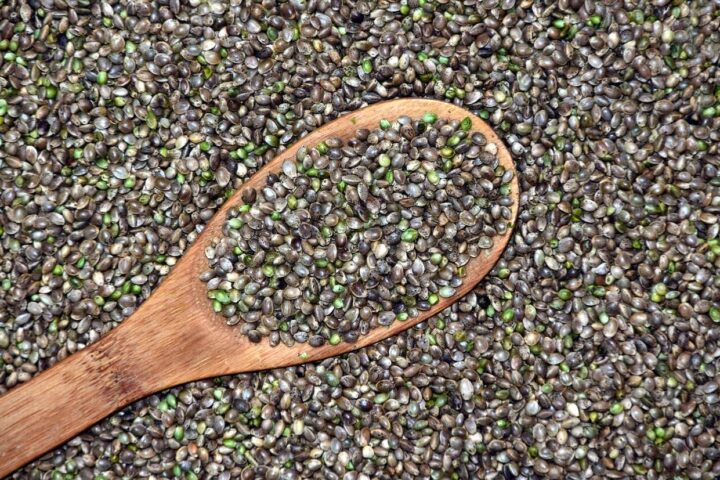Young adults seeking to enhance their cognitive performance might want to rethink their dietary choices. A new study from Tulane University School of Medicine reveals that the Mediterranean diet can enhance brain function by altering gut bacteria composition.
The Science Behind Brain-Boosting Benefits
Published in Gut Microbes Reports, the research tracked how different diets affected gut bacteria and cognitive performance. “We’ve known that what we eat affects brain function, but this study explores how that could be happening,” said lead author Rebecca Solch-Ottaiano, Ph.D., neurology research instructor at Tulane’s Clinical Neuroscience Research Center.
Key Research Findings
The 14-week study compared rats on Mediterranean and Western diets. The Mediterranean group showed:
- Increases in four beneficial gut bacteria types
- Decreases in five other bacterial species
- Better performance on memory and learning tests
- Enhanced cognitive flexibility
- Lower LDL cholesterol levels
“Our findings suggest that dietary choices can influence cognitive performance by reshaping the gut microbiome,” Solch-Ottaiano explained.
Bacterial Balance Matters
The research identified specific bacterial changes:
- Higher levels of Candidatus Saccharimonas correlated with improved cognitive performance
- Increased Bifidobacterium levels were linked to decreased memory function
Dietary Components
1. What is your primary cooking fat?
2. How much fiber do you consume daily?
Omega-3 Sources
3. How often do you eat fatty fish (salmon, mackerel, sardines)?
Plant-Based Foods
4. How many servings of vegetables and fruits do you eat daily?
5. How often do you eat whole grains?
Your Mediterranean Diet Assessment
Mediterranean Diet Adherence Score
Research-Based Benefits
According to Tulane University research:
- Better cognitive flexibility
- Improved spatial reference memory
- Enhanced working memory
- Lower LDL cholesterol levels
- Beneficial changes in gut bacteria
Mediterranean Diet Components
For those interested in adopting this eating pattern, essential elements include:
- Olive oil as the primary fat
- Abundant vegetables, fruits, whole grains
- Fish and lean proteins
- Limited red meat and saturated fats
- High fiber from various plant sources
Future Implications
Dr. Demetrius M. Maraganore, Herbert J. Harvey, Jr. Chair of Neurosciences, noted: “Our findings suggest that the Mediterranean diet or its biological effects could be harnessed to improve scholastic performance in adolescents, or work performance in young adults. While these findings are based on animal models, they echo human studies linking the Mediterranean diet to improved memory and reduced dementia risk.”
Research Details
The study used young rats equivalent in age to 18-year-old humans, modeling diet effects during crucial developmental periods. The diets reflected real human consumption patterns, using ingredients that mirror the complexity of typical meals.
Looking Ahead
While the results show promise, the researchers emphasize the need for larger human studies to confirm these effects and better understand the relationship between diet, gut bacteria, and brain function in young people.
















